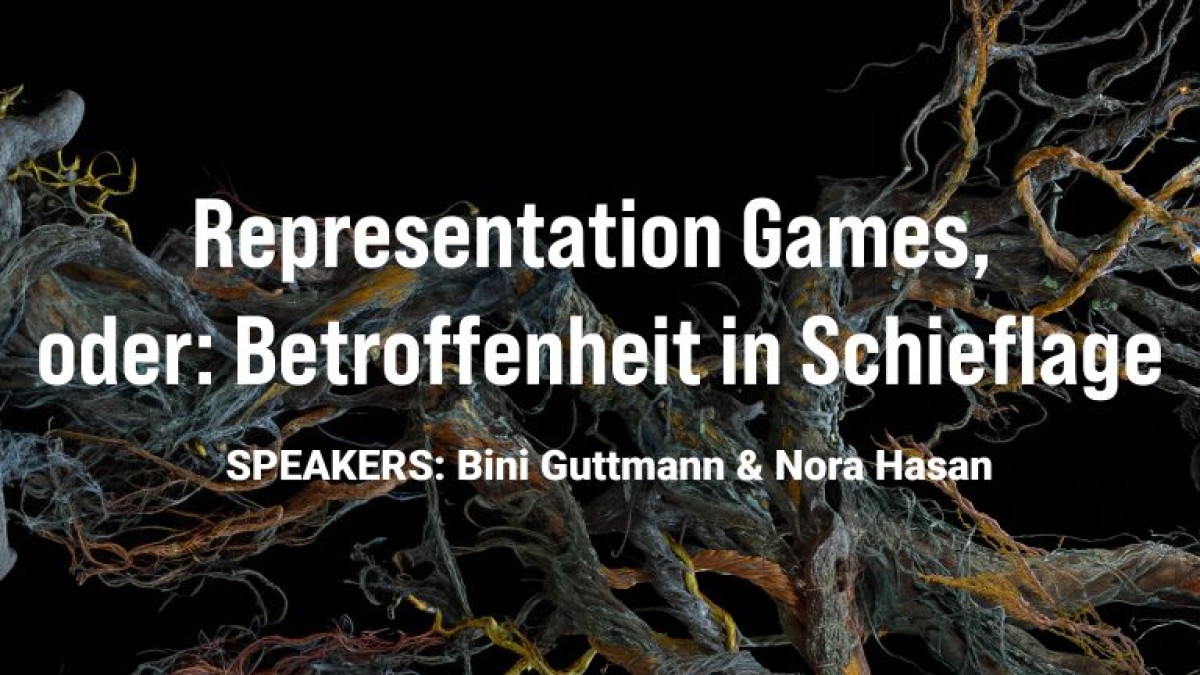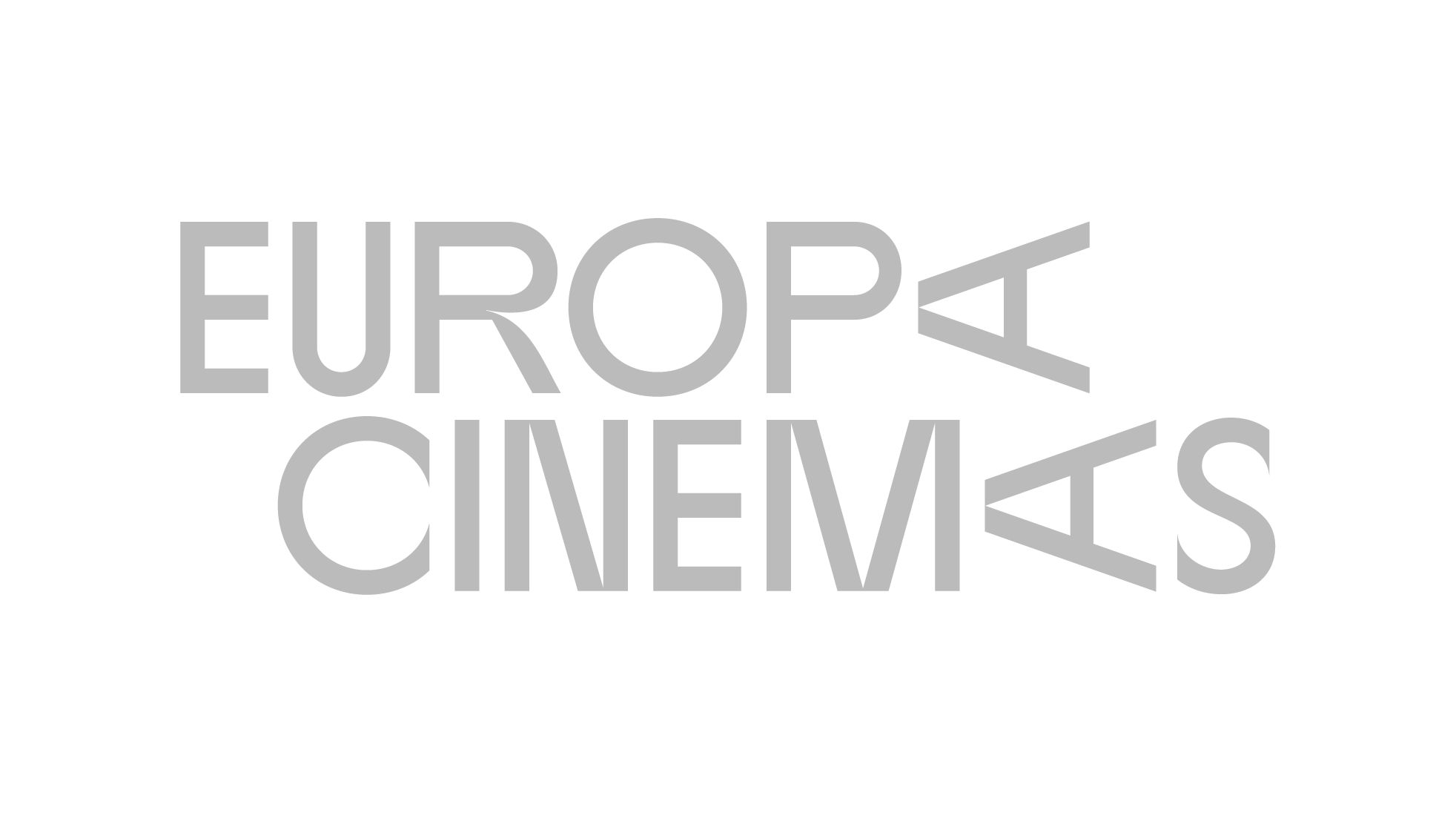this human world: PANEL: Representation Games, oder: Betroffenheit in Schieflage

Der Blick auf die enorme Präsenz des israelisch-palästinensischen Konflikts in westlichen Diskursräumen
— insbesondere seit dem 7. Oktober 2023 — offenbart ein Phänomen der Schieflage in Fragen der Repräsentation: Bekanntenkreise,
politische Zusammenschlüsse und sogar Familien „simulieren“ den Nahostkrieg und zerfallen daran. Nicole aus Tulln trägt plötzlich
Kufiya und imaginiert sich als „Teil des Widerstands“, während Thomas aus Wörgl mit einem T-Shirt der IDF in die Arbeit fährt,
um klare Kante zu zeigen. Zweifelsohne geht es den westlichen Fanclubs der Nahost-Teams bei der Aneignung der jeweiligen Repräsentation
vor allem um eines — um sich selbst. Die Philosophin Isolde Charim sprach in Bezugnahme auf dieses Phänomen von einer identitätspolitischen
„Narzissmus-Falle“. Jene, die an diesem Reenactment teilnehmen, merken dabei nicht, dass sie selbst tatsächlich keine Betroffenen
sind und tendieren überdies dazu, jene zu bevormunden und zu übertönen, die es eben tatsächlich sind — nämlich jene, deren
Familien und Freunde vorot im realen Raketenbeschuss leben, während sie selbst von den Ressentiments & Stereotypisierungen
der Debatten in Europa getroffen werden.
Ein Gespräch mit Bini
Guttmann & Nora Hasan über die skurrile Aneignung von Repräsentation in Nahost-Debatten.
Bini Guttmann, Politischer Aktivist, ehemals Präsident Jüdische österreichische HochschülerInnen (JöH) und Europäische Union Jüdischer Studierender (EUJS)
Nora Hasan, Politische Aktivistin, Vorsitzende ÖH Universität Wien
----
The intense presence of the Israeli-Palestinian conflict in Western discourse—particularly since October 7, 2023—reveals a striking imbalance in matters of representation. Social circles, political groups, and even families "reenact" the Middle East conflict and fracture under its weight. Nicole from Tulln suddenly dons a kufiya, imagining herself as "part of the resistance," while Thomas from Wörgl goes to work wearing an IDF T-shirt to take a firm stand.
Undoubtedly, the Western fan clubs of the Middle East "teams" primarily use these appropriations of representation for one purpose: themselves. Philosopher Isolde Charim has referred to this phenomenon as an identity-political "narcissism trap." Those participating in this reenactment often fail to recognize that they are not, in fact, directly affected by the conflict. Moreover, they tend to patronize and drown out those who are—namely, those whose families and friends live under real rocket fire on the ground, while they themselves are subjected to the prejudices and stereotypes of the debates in Europe.
A conversation with Bini Guttmann and Nora Hasan
on the bizarre appropriation of representation in Middle East debates.
Bini Guttmann, political activist, former president of the Jewish Austrian Students’ Union (JöH) and the European Union of Jewish Students (EUJS)
Nora Hasan, political activist, chair of the Austrian National Students’ Union (ÖH) at the University of Vienna
----
Focus on: PEOPLE IN CONFLICT
Freier Eintritt/ Free Entry
Bini Guttmann, Politischer Aktivist, ehemals Präsident Jüdische österreichische HochschülerInnen (JöH) und Europäische Union Jüdischer Studierender (EUJS)
Nora Hasan, Politische Aktivistin, Vorsitzende ÖH Universität Wien
----
The intense presence of the Israeli-Palestinian conflict in Western discourse—particularly since October 7, 2023—reveals a striking imbalance in matters of representation. Social circles, political groups, and even families "reenact" the Middle East conflict and fracture under its weight. Nicole from Tulln suddenly dons a kufiya, imagining herself as "part of the resistance," while Thomas from Wörgl goes to work wearing an IDF T-shirt to take a firm stand.
Undoubtedly, the Western fan clubs of the Middle East "teams" primarily use these appropriations of representation for one purpose: themselves. Philosopher Isolde Charim has referred to this phenomenon as an identity-political "narcissism trap." Those participating in this reenactment often fail to recognize that they are not, in fact, directly affected by the conflict. Moreover, they tend to patronize and drown out those who are—namely, those whose families and friends live under real rocket fire on the ground, while they themselves are subjected to the prejudices and stereotypes of the debates in Europe.
A conversation with Bini Guttmann and Nora Hasan
on the bizarre appropriation of representation in Middle East debates.
Bini Guttmann, political activist, former president of the Jewish Austrian Students’ Union (JöH) and the European Union of Jewish Students (EUJS)
Nora Hasan, political activist, chair of the Austrian National Students’ Union (ÖH) at the University of Vienna
----
Focus on: PEOPLE IN CONFLICT
Freier Eintritt/ Free Entry






